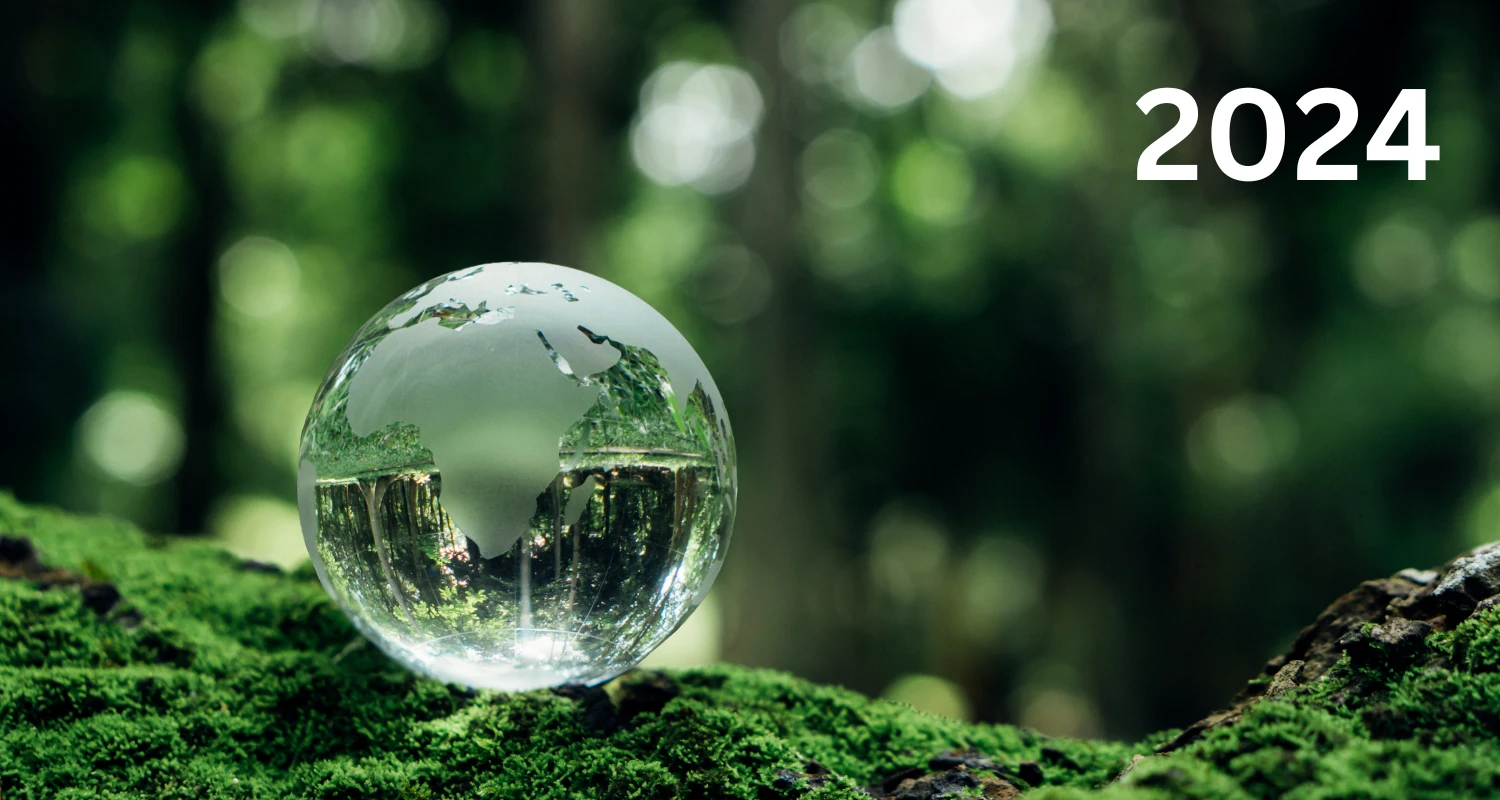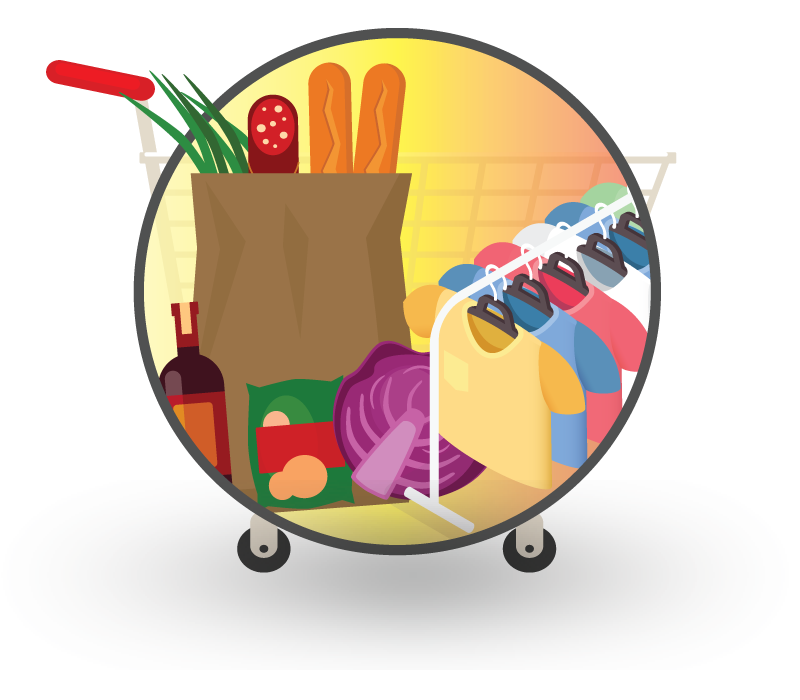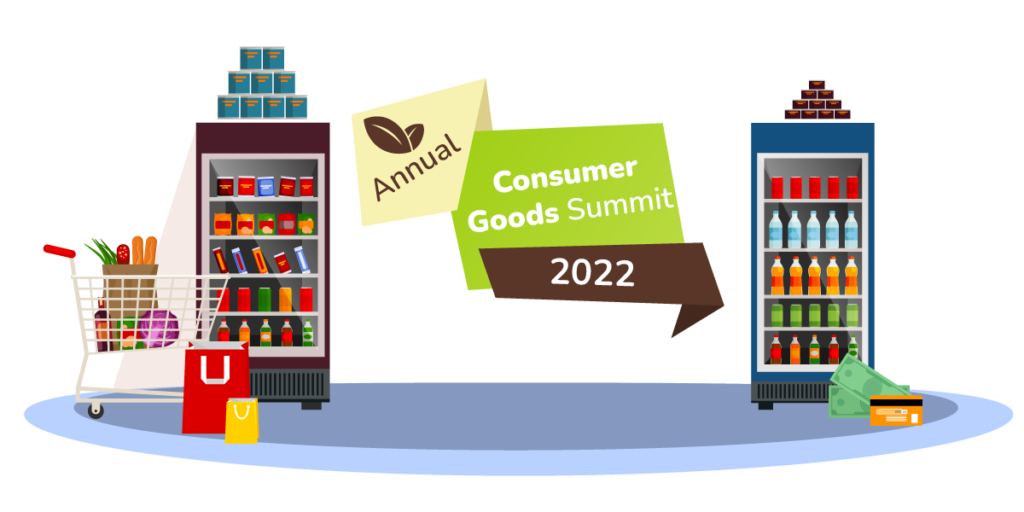The landscape of consumer goods will undergo a profound transformation in 2024, with sustainability emerging as the cornerstone of the industry. In an era marked by increased environmental consciousness, shifting consumer preferences, and stringent regulatory measures, brands are redefining their strategies to embrace sustainability as the new standard.
Rising Consumer Consciousness
The wave of consumer awareness surrounding sustainability has reached its pinnacle, reshaping purchasing decisions across demographics. Consumers are no longer solely focused on the quality and price of products; they are increasingly mindful of the environmental impact of their choices.
Research from the 2023 Global Consumer Trends Report by Nielsen highlights this significant shift. The report emphasises that 73% of global consumers are willing to change their consumption habits to reduce their environmental impact. Brands failing to align with these values risk losing market share in an increasingly competitive landscape.
Industry Giants Paving the Way
Leading consumer goods companies are spearheading sustainability initiatives to adapt to this paradigm shift. Coca-Cola, a global beverage giant, has pledged to achieve a “World Without Waste” by 2030. Their commitment includes a goal to collect and recycle a bottle or can for each one sold by 2030, as reported in their annual sustainability report. Similarly, Unilever, through its Sustainable Living Plan, aims to halve its environmental footprint by 2030 while doubling its business.
A study conducted by Accenture in their Consumer Goods Sustainability Report 2024 shows that 85% of leading consumer goods companies have accelerated their sustainability efforts in response to evolving consumer demands and regulatory pressures.
Technological Integration for Sustainable Solutions
Technological innovations are playing a pivotal role in empowering consumer goods companies to achieve sustainability goals. Advancements in artificial intelligence, blockchain, and IoT (Internet of Things) are being harnessed to enhance supply chain transparency, optimise resource utilisation, and reduce waste.
According to the CPG Tech Trends 2024 report by Deloitte, companies like Procter & Gamble are leveraging AI-powered algorithms to optimise packaging designs, leading to a reduction in material use without compromising product integrity. Additionally, the integration of blockchain technology by companies such as Nestlé aids in ensuring transparency and traceability across the supply chain, which is crucial for validating sustainable sourcing claims.
Regulatory Pressures and Industry Collaborations
Regulatory bodies worldwide are intensifying their focus on environmental regulations, pushing consumer goods companies to adopt sustainable practices. The European Union’s Single-Use Plastics Directive and the US EPA’s guidelines on reducing packaging waste are prime examples.
Moreover, industry collaborations are fostering collective action towards sustainability. The Consumer Goods Forum, comprising major brands like Walmart, Tesco, and L’Oréal, is committed to achieving zero net deforestation by 2025. Such collaborative efforts aim to address complex challenges that individual companies might struggle to tackle alone.
Challenges and Opportunities
While the shift towards sustainability presents numerous opportunities, it also poses challenges. Transitioning to sustainable practices often requires significant investment in R&D and technology. Moreover, communicating authentic sustainability efforts to consumers amidst “greenwashing” claims remains a challenge for many brands.
However, companies embracing sustainability are poised to gain a competitive edge. Studies like the Global Consumer Insights Survey by PwC affirm that 79% of consumers are more loyal to purpose-driven brands that demonstrate a commitment to environmental and social causes.
Conclusion
In 2024, sustainability will no longer be a choice but a necessity for consumer goods companies. Brands that prioritise sustainability in their operations, products, and messaging are not only meeting consumer expectations but also future-proofing their businesses in a rapidly evolving market.
As we progress through the year, the convergence of technology, consumer demands, regulatory pressures, and industry collaborations will continue to drive the consumer goods sector towards a more sustainable future.




